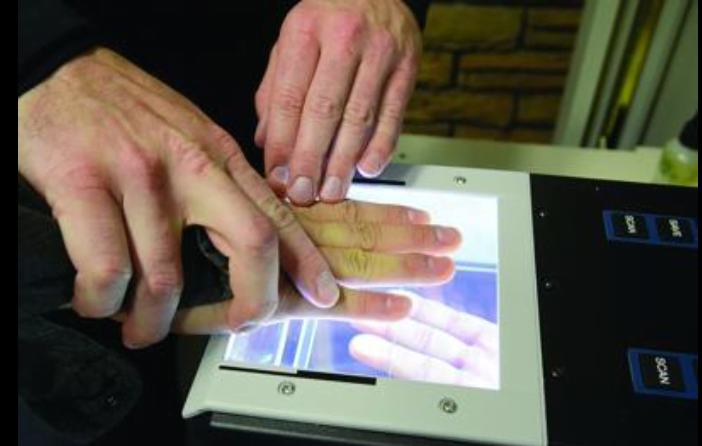A member of police staff, who is a serving special constable, has been given a community order after he was found guilty of assault by beating.
Sayeef Hasnain, a designated detention officer also attached to the Central East Command Unit, appeared at City of London Magistrates’ Court on Tuesday, 11 January for a trial after he was charged in relation to an incident which occurred while the officer was on duty.
He was convicted on January 12 and received a community order for 12 months to complete 150 hours unpaid work, ordered to pay court costs of £930 and a victim surcharge of £85.
The court heard, on 28 June 2020, Hasnain was on duty when a man, who had been arrested for grievous bodily harm [GBH] with intent, came into custody in Leyton. The man, who was handcuffed and accompanied by three officers, refused to have his fingerprints taken and kept his fists clenched.
CCTV footage showed that within 17 seconds of entering the room for fingerprints, the man was struck in the face by Hasnain. The other officers in the room immediately raised their concerns to a supervisor and said the use of force was disproportionate.
Hasnain was interviewed under caution and provided a prepared statement where he denied assault and stated that he had acted in defence of one of the other officers and in lawful execution of his powers to take fingerprints. He answered no comment to all other questions.
Detective Chief Superintendent Pete Gardner, head of Met Detention, said: “Officers are permitted to use reasonable force when someone is in custody and refusing to comply with the fingerprint process. “However, Hasnain’s actions went way beyond reasonable force and this was immediately highlighted by the officers on the scene at the time.
“The public quite rightly expect the highest standards of professionalism and restraint from police officers and staff and, when they fall below those standards, they are held to account and, in this case, subject to a criminal prosecution.” Misconduct proceedings will now follow the conclusion of the criminal proceedings.

